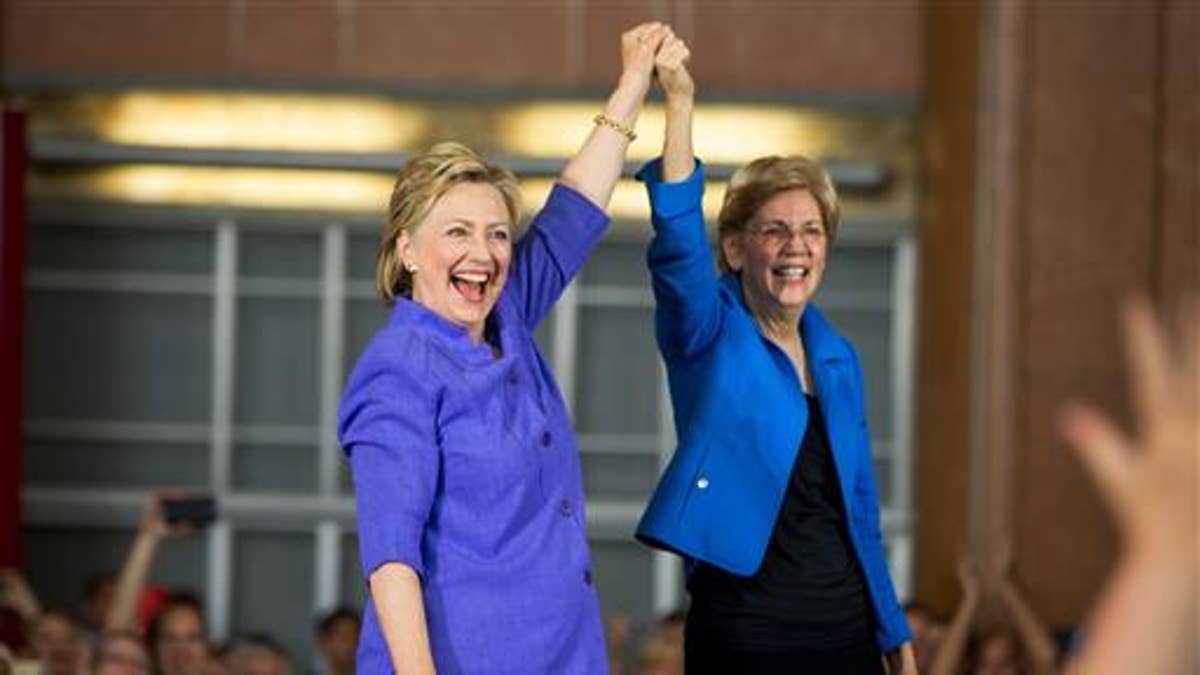
As is often the case, Ronald Reagan said it best. In his closing argument against incumbent President Jimmy Carter in a 1980 debate, Reagan asked voters to look at the election this way: “Are you better off than you were four years ago?”
Most were not, and with the Iranian hostage situation dominating headlines, Reagan won 44 states.
That history contributes to the assumption that events always have a vote. When there is good news, the incumbent party gets a boost on the theory that its policies are working. When the news is bad, the challenger benefits because the incumbent looks to be failing.
The pattern led me to believe that, most things being equal, Donald Trump could be sitting pretty come November. Most people are not happy with the country, and not many good events of national significance are likely to happen before Election Day, so Trump should get an advantage.
But recent developments are revealing limits to his ability to make hay from bad news. For one thing, Hillary Clinton’s experienced War Room is adept at rapid response and spin. And her spin is bolstered by President Obama’s use of the bully pulpit to further shape mainstream media’s already-liberal bias.
A second issue is whether Trump is nimble enough, and has enough money, to exploit his opportunities. He’s getting better, but still lags the Clinton-Obama tag team.
To continue reading Michael Goodwin's column in the New York Post, click here.
